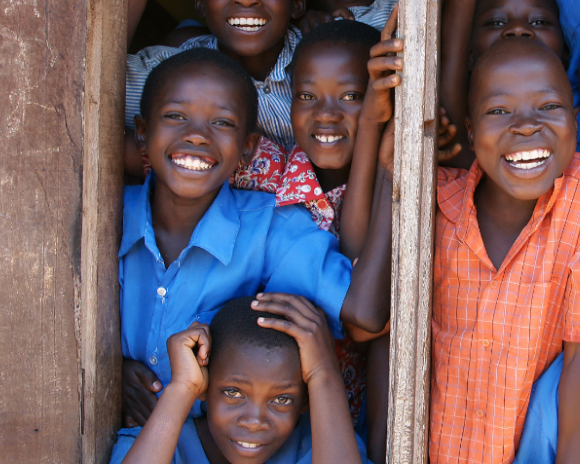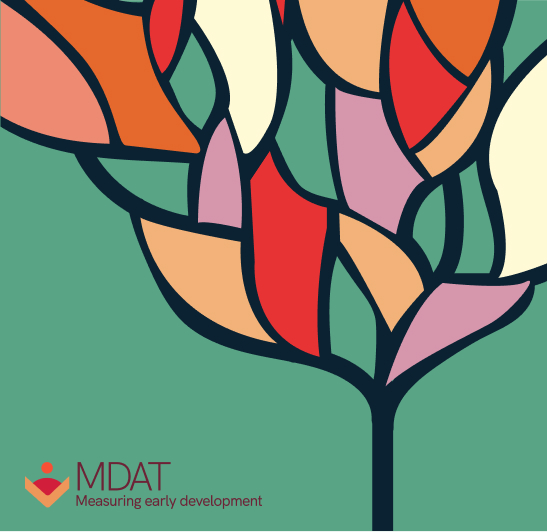
A simple to use, adaptable tool used to assess brain
development in young children living in low-income
settings.

250 million children under 5 are at risk of sub-optimal development due to factors such as extreme poverty and stunting. Furthermore, 85% of children with disabilities are living in resource-poor settings (ECD Lancet Series, 2016).
The recent Nurturing Care Framework for Early Child Development developed by WHO, UNICEF, and the World Bank Group, in collaboration, has been created to provide a roadmap for ensuring the attainment of the Sustainable Development Goals and survival, thrive and transform goals of the Global Strategy on Women’s, Children’s and Adolescents’ Health (2016-2030). One major goal in this roadmap is ensuring that children are reaching their developmental potential all around the world. Without tools to measure how well children are doing, which can be utilised in resource-limited and culturally diverse settings, we will not be able to provide this evidence. The MDAT tool (Malawi Developmental Assessment Tool) can support this by providing a more culturally appropriate tool to measure children’s development from age 0 to 5, which can be used across resource-limited settings.
The MDAT (Malawi Developmental Assessment Tool) was created through a series of robust research studies conducted originally by a team at the College of Medicine in Malawi (now Kamuzu University of Health Sciences) led by Professor Gladstone at the University of Liverpool alongside researchers at the Liverpool School of Tropical Medicine, the Malawi Liverpool Wellcome Trust, Keele University and originally also by a team linked to Tampere University. There are many research articles which we provide through the website to gain this information, or you can contact us as required for more information.

Since 2014, Malawi Developmental Assessment Tool (MDAT) has enabled the assessment and monitoring of development in over 37,000 young children in numerous low and middle-income countries. The MDAT has been translated into over 20 languages and used in over 25 countries. Over 300 community workers, doctors and nurses are trained to use the tool (shown in the map below). The MDAT has been highly evaluated in a major systematic review identifying it as one of the most promising tools to both identify and monitor young children with disabilities at primary healthcare level in Low Middle Income Country settings. This global use of the MDAT includes adoption by leading international agencies, underpinning international decisions to invest in public health interventions and programmes to measure child development.

In the meantime, please join the Linkedin and Twitter
group for training updates:
Read more about MDAT and related articles
© Copyright Design Wellness 2023